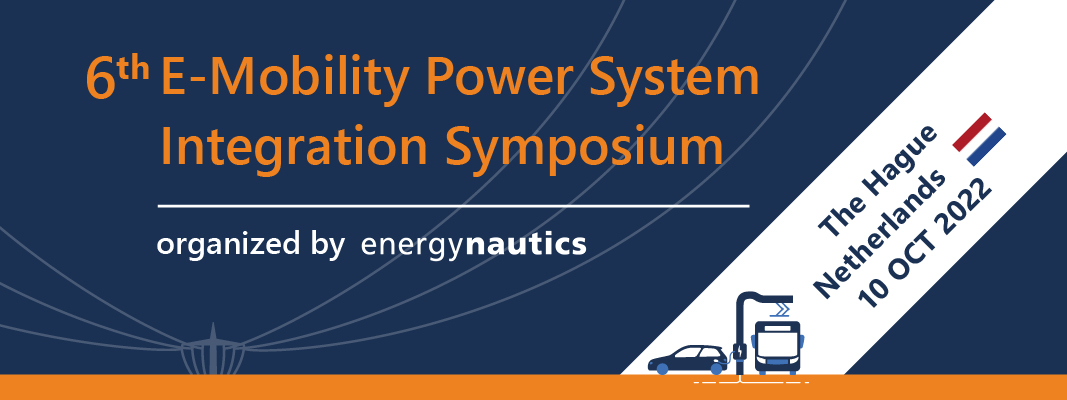Call for Papers - Late abstracts welcome!
The official Call for Papers has been closed as of 31 May 2022.
The submitted abstracts are under review by the International Advisory Committee of this Symposium.
If you wish to submit a late abstract, just contact us per email.
All authors will be notified of the acceptance of their submissions for presentation no later than 4 July 2022.
Virtual Presentations
While in-person participation is mandatory for speakers and poster presenters presenting their work, an exception may be granted in certain cases where travel restrictions still exist due to Covid-19.

- The full, camera-ready papers have then be submitted by 8 September 2022 the latest.
- As the conference language is English, all abstracts and papers have to be written in English.
- Speakers will pay a REDUCED workshop fee.
- All participants are responsible for paying their own travel and hotel expenses.
More questions? Please check out FAQs for more information.

The papers presented at the 6th E-Mobility Power System Integration Symposium will be published on the IET Digital Library and IEEE Xplore and submitted for indexing In IET Inspec, Ei Compendex and Scopus.
ATTENTION! Startups Wanted!
![]()
Become one of the Startups of the E-Mobility Power System Integration Symposium!
You can create key partnerships during the 1:1 meetings that you can arrange throughout the event. And don’t forget that you have the opportunity to present your startup to the International Renewable Energy Grid Integration Community. Showcase your experiences, developments and findings at the Symposium– maybe even in your own startup session.
Contact us at info@integrationworkshops.org to explore your options!
Topics of the Symposium
Please note that the focus of the E-Mobility Power System Integration Symposium is on the integration of large-scale E-Mobility solutions into power systems. Grid integration solutions, charging infrastructure and storage are main topics, not electric vehicle development. Due to this focus, only plug-in vehicle solutions are relevant. That includes the pure plug-in electric vehicle (PEV), plug-in hybrid electric vehicles (PHEV) as well as Vehicle-to-Grid solutions.
![]() Project Experience with EV Grid Integration
Project Experience with EV Grid Integration
![]() Grid Forming Aspects and Experience
Grid Forming Aspects and Experience
![]() Power System Aspects with High Shares of EVs
Power System Aspects with High Shares of EVs
![]() Distribution Grid Issues
Distribution Grid Issues
![]() Market and Regulatory Aspects
Market and Regulatory Aspects
![]() Charging Infrastructure Planning & Smart Charging
Charging Infrastructure Planning & Smart Charging
![]() High Power Charging
High Power Charging
![]() Vehicle to Grid incl. Ancillary Service Participation
Vehicle to Grid incl. Ancillary Service Participation
![]() Charging Methods + Standardization of Charging Modes / Communication
Charging Methods + Standardization of Charging Modes / Communication
![]() Communication and Security Aspects
Communication and Security Aspects
![]() Grid Integration Modelling Aspects
Grid Integration Modelling Aspects
![]() Grid Code Issues and Future Aspects
Grid Code Issues and Future Aspects
![]() Decarbonization of Energy Sectors
Decarbonization of Energy Sectors
![]() Electrification of Urban Mobility
Electrification of Urban Mobility
![]() Mobility as a Service
Mobility as a Service
![]() AI and Machine Learning for Grid Integration
AI and Machine Learning for Grid Integration
![]() E-Mobility and Renewable Energy Integration
E-Mobility and Renewable Energy Integration


